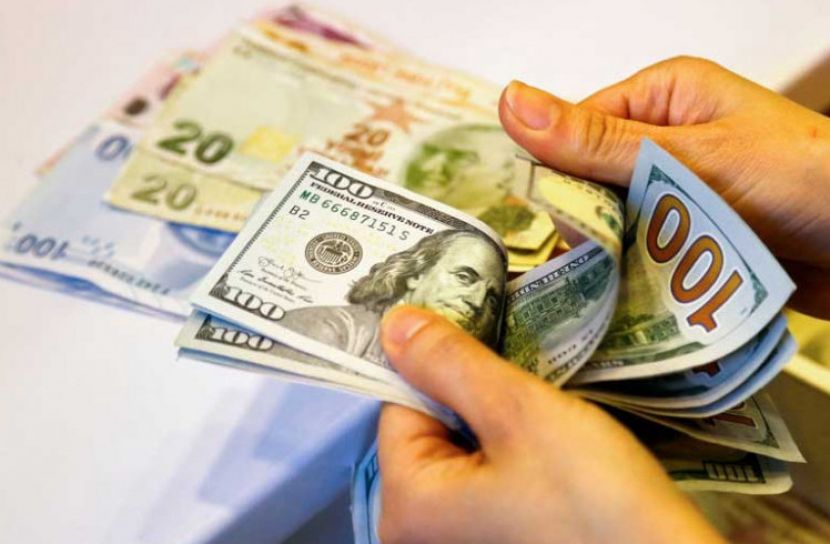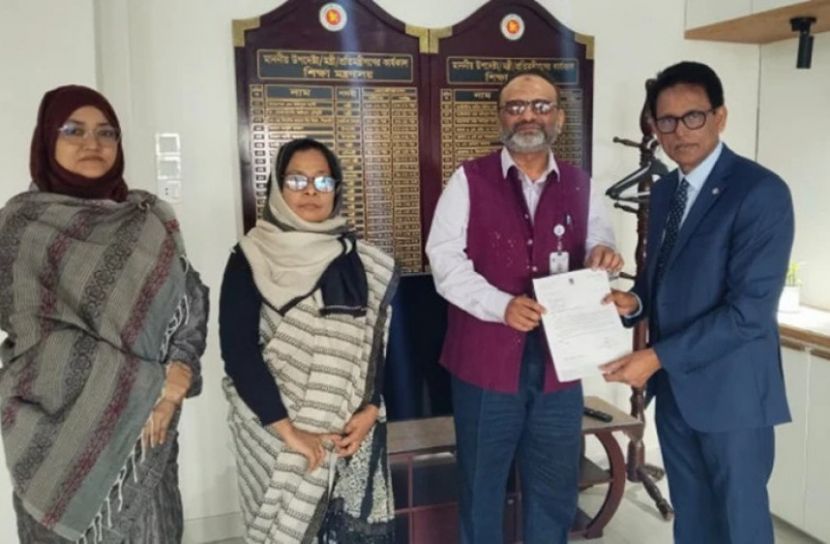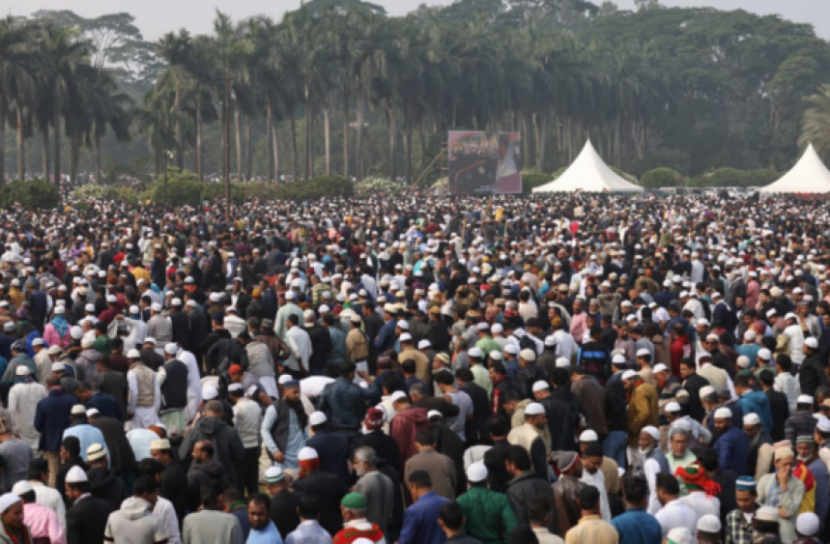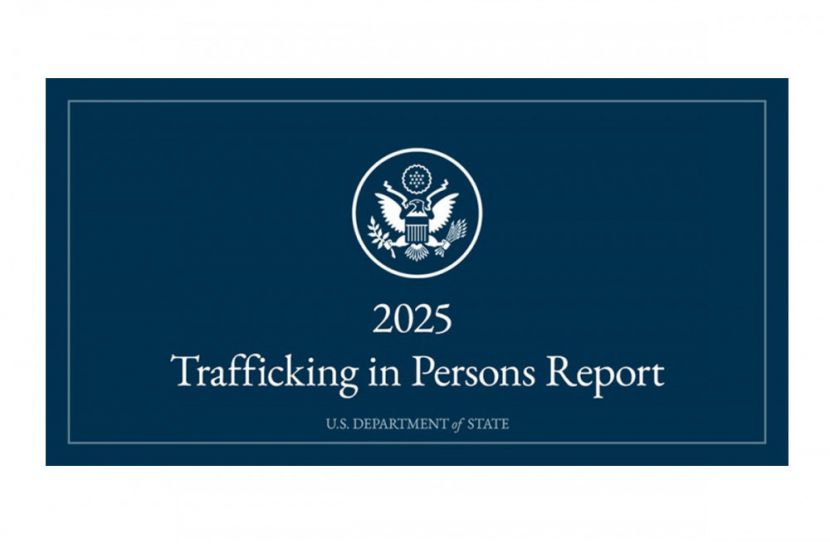
Inward remittance of the country shrinks by 23%

VC Niaz Ahmed Khan resigns

One dies while attending Janaza!

Bangladesh will not join ICC T20 World Cup in India

Bangladesh has retained its Tier 2 ranking in the US Department of State’s 2025 Trafficking in Persons (TIP) Report, acknowledging the country’s ongoing and significant efforts to combat human trafficking, even amid governance transitions and global migration pressures. According to the report, although Bangladesh does not fully meet the minimum standards for eliminating trafficking, the government has shown marked improvements compared to the previous year. These efforts include progress in victim protection, institutional development and improved coordination among law enforcement and service agencies.
One of the major developments highlighted in the report was the adoption of a National Referral Mechanism (NRM), a structured system aimed at identifying and supporting trafficking victims.
During the reporting period, Bangladeshi authorities identified 1,462 trafficking victims, an increase from 1,210 the previous year. Among them were 144 victims of sex trafficking, 285 of forced labour, and over a thousand victims of other forms of trafficking. The identified victims were referred to protection services that provided shelter, health care and legal aid through facilities operated by the Ministries of Women and Children Affairs, Social Welfare and Expatriates' Welfare and Overseas Employment.
The report praised Bangladesh’s training programs for police, immigration officials and labour inspectors. These programs, often conducted in partnership with civil society organizations, emphasized trauma-informed care and victim-sensitive procedures; moves seen as aligning national practices with global anti-trafficking standards. Bangladesh’s cooperation with international partners such as INTERPOL, India and South Africa was also commended, particularly in terms of investigating cross-border trafficking networks. The report noted that the government has continued to strengthen anti-trafficking tribunals and improve coordination between Criminal Investigation Department (CID), Police Bureau of Investigation (PBI) and Counterterrorism and Transnational Crime (CTTC) unit.
On the prevention front, the government expanded its work through the National Anti-Human Trafficking Authority and maintained implementation of the 2018–2025 National Action Plan. The Ministry of Home Affairs, which leads this initiative, allocated Tk 621.49 million for prevention and awareness efforts; an increase from the previous year. Awareness campaigns conducted through print, radio and digital platforms in both Bangla and English were used to educate the public on safe migration, labour rights and the dangers of fraudulent recruitment.
The Bureau of Manpower, Employment and Training (BMET) continued to operate 104 technical training centers and introduced a 30-day specialized pre-departure course for female domestic workers, aiming to reduce their vulnerability to trafficking abroad.
Bangladesh also strengthened bilateral labour agreements with destination countries such as Malaysia, South Korea and Brunei. These agreements include employer-paid recruitment models to protect migrant workers from exploitative fees.
Additionally, the government has drafted a National Reintegration Policy to support returning migrants, including trafficking survivors, with livelihood opportunities. Bangladesh also continued its regional collaboration through its 2015 Memorandum of Understanding with India, streamlining victim repatriation efforts and sharing cross-border intelligence. The country remains active in a regional working group alongside India, Nepal, Sri Lanka and Thailand, focused on enhancing anti-trafficking coordination in the Bay of Bengal region.
While the report acknowledged these achievements, it also pointed out challenges that remain; particularly in addressing internal trafficking and improving law enforcement response and coordination.
Nevertheless, it concluded that Bangladesh’s continued reforms, international cooperation and commitment to institutional development reflect strong political will to tackle trafficking in all its forms.
The Tier 2 ranking highlights Bangladesh’s increasing efforts to uphold rule of law, safeguard migrant workers and deliver justice to trafficking victims, as the government works toward building a more resilient and human rights–focused anti-trafficking system.
PT/ra
Copyright © Sunnews24x7Newsletter
Subscribe to our newsletter and stay updated.


